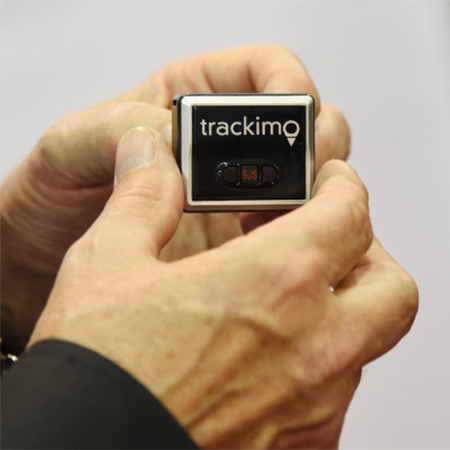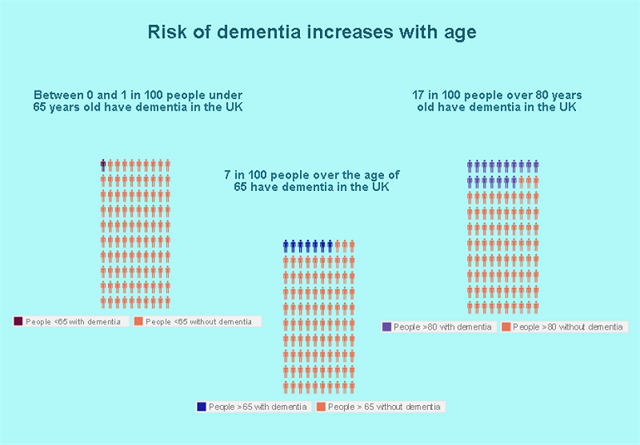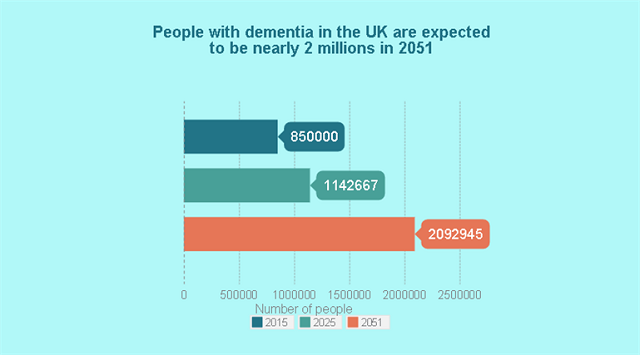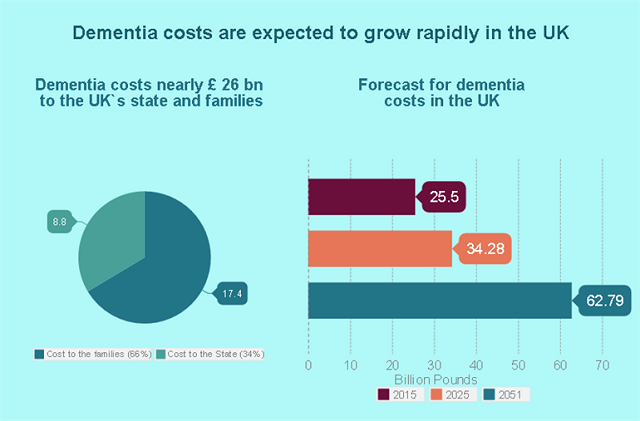
There are diseases that cause memory problems and wandering behavior to elders and special needs persons, making search-and-rescue incidents more common than usual. Elders suffering from Alzheimer’s, senility, or other forms of dementia, people and children affected with autism and other mental diseases—all have the tendency to wander about. Calculations made from the Alzheimer’s Society in the UK showed that the risk of having dementia increases with age. Based on their data, 7 in 100 people at the age of 65 have it, and the number increased to 17 in 100 at the age of 80. With the growing and aging population, the numbers are not promising. In 2015, around 850,000 people are living with dementia in the UK alone, 62% of which have Alzheimer’s disease. If preventative measures are not taken, the number is expected to grow up to 2 million by 2051. Lately, GPS trackers are being used to help people suffering from these various forms of dementia. However, it is not without its issues, such as GPS track on ethical grounds.
Scroll down for video

Market-Inspector
This increasing number of vulnerable individuals is exactly why there is a higher demand for healthcare services, leading to more expense.
Dementia costs over $42,400 per person per year, and only 36 years from now, the costs in the UK will likely double, reaching the number of money put in for the disease to a sky-rocketing $90 billion by 2051 if the system does not change. These costs include health and social care from the state and the individual, and home-based schemes had been developing in order to increase the independence of the person and the efficiency of the treatment, leading to more costs and limitations.
How do these tracking systems work?
Risky situations can be avoided through surveillance technology. There are different tracking devices available on the market nowadays: pocket-style devices, identification watches and bracelets, personal transmitters, and many more. No matter what type of device you use, however, its purpose is to track down the location of the individual who is wearing it, allowing relatives and caregivers to find them quickly and safely in case they wander, get disoriented, or when they get lost.
Surveillance system providers use various software like GPS and mobile apps, among others. However, the tracking algorithm of tracking is common. There are rechargeable tracking devices, usually GPS-based, which can send geographic coordinates to a central monitoring system.
This allows real-time tracking or a location update in different time intervals. Health care professionals and relatives can track their patients and loved ones through these GPS systems by synchronizing the devices with their smartphones. They can also set alarms if the patient leaves the allowed area. Most tracking devices also have SOS buttons to press in case of emergencies and other life-threatening events.

Market-Inspector
Advantages and disadvantages of surveillance technology
Wandering is a result of memory problems and disorders. This prevents patients from identifying landmarks and fails them when judging distance and speed. This is why safety is of utmost importance—thus the need for getting a tracking device.
People with intellectual disabilities can prove to be problematic, and being independent is something that few can consider for them. However, keeping them out of touch with the society also limits their freedom significantly.
In 2013, 34% of people with dementia in the UK feel that they were not part of their community and 28% of them were not given the chance to make their own decisions about how they should spend their lives.
Social integration is a long process, but tracking systems can increase the autonomy of these patients simply by allowing them to continue their routines. Unfortunately, while this may seem safe, questions arise about how ethical it is to track people. Plenty of debates have arisen especially in Britain, Amsterdam, and the Netherlands, with the considerable resistance from those who perceive tracking technologies as something that opposes human rights of freedom and autonomy.

Market-Inspector
GPS Track on Ethical Grounds
No consensus regarding GPS track on ethical grounds has been reached, but local authorities have already been integrating surveillance technology for people with disabilities. Tracking technologies, after all, have been improving and have encouraging results—saving time and money in looking for missing patients. More than that, it also helps the national health and social systems for their personal caregivers and hospitalization costs.
Surveillance technology is subject to many debates, and clearly, there many issues regarding GPS track on ethical grounds. But for those who need them for social care for patients with mental disabilities, it just might help. Clearly, it can contribute to the betterment of their health and social life, ultimately improving their standard of living as a whole.
Watch the videos below